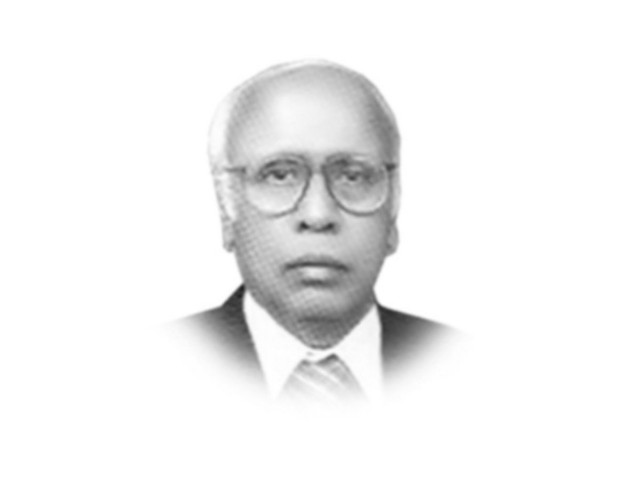India’s quest for a UNSC seat
To make the world body truly representative, it needs to be inclusive and expanded.

India’s quest for a UNSC seat
The subject has invited undue attention and uncalled for comments by analysts and columnists in the Urdu media and TV talk shows. What is most glaring about these comments is the total lack of objectivity and limited knowledge of the subject. Expanding the Security Council is part of an ambitious and controversial exercise of restructuring the UN and its organs to make them more democratic and accountable. The UN Charter, on its founding, had only 45 members. Today, membership is nearing 200. To make the world body truly representative, it needs to be inclusive and expanded.
The exercise began in the 90s under the chairmanship of Razali Ismail of Malaysia and, after prolonged and stormy debates, a complex document touching upon all aspects of reorganisation with rather vague recommendations was prepared and has since been the subject of discussion. One of the recommendations was Security Council expansion. In 1965, Security Council membership was enlarged from 11 to 15. The proposal was to raise the number to 25. The question of permanent membership got particular attention. Besides India, other major regional countries like Japan, Brazil and South Africa also staked their claims to be treated at par with India.
To steer the discussions to a positive direction, Pakistan took the lead and, with Italy as co-chairman, formed the ‘Uniting for Consensus’ group with membership exceeding 100 countries. Pakistan’s views — that the spirit and the principle of the UN Charter should not be compromised, the principle of sovereign equality being the cardinal one — were fully endorsed by the group. It was also argued that decisions impacting the global system of interstate relations based on the Charter require consensus.
Meanwhile, the controversy raged on. In April 2009, Pakistan, in a bid to resolve the issue, supported a proposal tabled by Italy and Colombia to create a new category of membership with a three or five-year duration and a possibility to get re-elected. It also supported Security Council enlargement to 25 seats. The proposals are still at the discussion stage and nothing concrete is likely to come out of them.
In principle, Pakistan’s reaction that a move to include India in the UNSC militates against regional balance and is not in the interest of regional or world peace is valid. However, the terms in which this opposition has been expressed — holding India ineligible on account of its violation of the UNSC on Kashmir — does not add much to our stance. Our policymakers and analysts should face the bitter reality of contemporary world politics. India, in the last decade, has earned growing recognition and influence in the UN with its high economic growth rate, political stability and its role in world affairs. There is no comparability between India and Pakistan anymore. We need not pursue the futile exercise of seeking equality with India. Our India–centric mindset must change. We also need to abandon emotional dependence on friends ignoring ‘realpolitik’.
Finally, based on my experience as a member of the Pakistan delegation to the UN General Assembly consecutively for four years (1997-80), let me predict that the issue of Security Council expansion will hang fire for a long time. Restructuring would require an amendment of the Charter — an uphill task. It will need two-thirds of General Assembly votes as well as those from all five permanent members holding veto powers — not within the pale of possibility looking at the current international political configuration. Remember that in negotiations, nothing is agreed until everything is agreed. To develop consensus even on a minor issue in UN debates is a Sisyphean task. The Security Council expansion issue will not resolve anytime soon. We can sleep comfortably.
Published in The Express Tribune, November 15th, 2010.












1724319076-0/Untitled-design-(5)1724319076-0-208x130.webp)


COMMENTS
Comments are moderated and generally will be posted if they are on-topic and not abusive.
For more information, please see our Comments FAQ